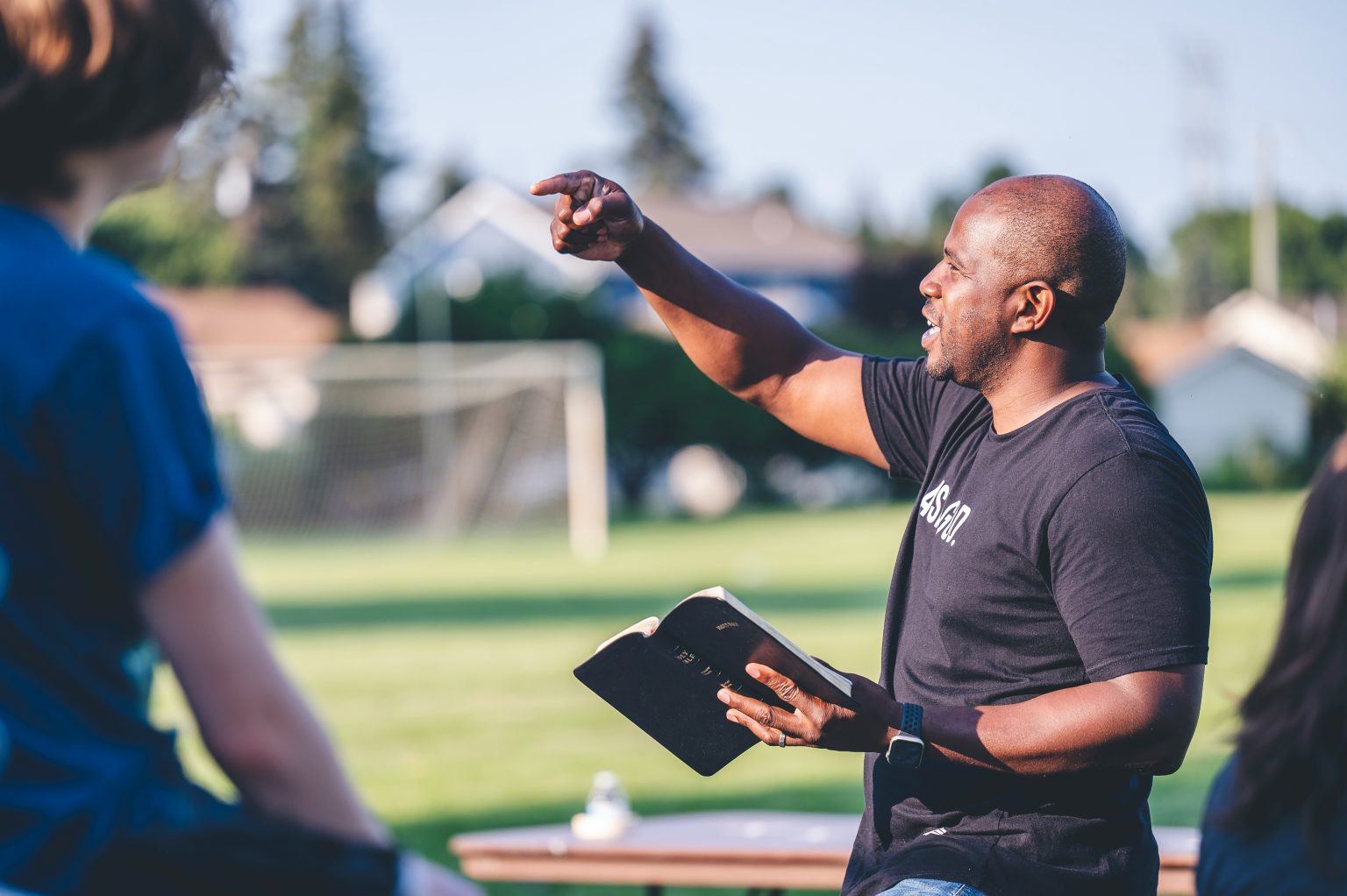Athletes, whether amateur or professional, are constantly chasing improvement. In the pursuit of excellence, raw talent alone is not enough. Structured coaching programs provide athletes with the guidance and tools they need to refine their skills, build confidence, and reach peak performance. These programs are built around years of expertise, tailored strategies, and performance metrics that elevate an athlete’s abilities far beyond what they could achieve alone.
A good coaching program creates a foundation of discipline and technical training. Coaches bring a fresh, expert perspective that identifies strengths and weaknesses early on. Rather than relying on self-correction or guesswork, athletes are guided through specific drills and exercises that target their areas for growth. This focused development creates real, measurable progress in a shorter time frame.
Boosting Mental Toughness and Resilience
Success in sports isn’t just about physical ability. Mental strength plays a critical role in how athletes perform under pressure. One of the most underrated benefits of coaching programs is the mental conditioning that comes along with physical training. Coaches help athletes push through mental barriers, manage anxiety, and stay motivated even when progress slows down.
Through regular support and constructive feedback, athletes learn how to cope with setbacks, handle failure, and bounce back stronger. They develop the discipline to maintain focus, the grit to push past limits, and the confidence to trust their abilities—especially in high-stakes situations. These psychological skills are just as vital as technique, and often make the difference between good and great performances.
Injury Prevention and Long-Term Health
Athletes put their bodies under intense strain, and without proper guidance, the risk of injury increases significantly. Coaching programs incorporate injury prevention as a core element of training. From warm-up routines to strength conditioning and recovery methods, every step is planned to ensure the athlete remains in peak shape without overtraining.
A trained coach can recognize improper form, muscle imbalances, and fatigue early—often before the athlete is even aware of it. With this knowledge, adjustments can be made to avoid injuries that might otherwise sideline an athlete for weeks or even months. More importantly, these programs promote a long-term perspective on health, helping athletes build a strong foundation for a lasting career.
Tailored Training for Individual Goals
No two athletes are alike. Each person brings a unique set of strengths, limitations, and goals to their sport. Coaching programs stand out because they are adaptable. A quality coach doesn’t follow a one-size-fits-all method. Instead, they assess each athlete’s specific needs and develop a program that fits their sport, skill level, and ambitions.
This personalized approach maximizes efficiency and eliminates wasted effort. Whether an athlete is training for a local tournament or preparing for college recruitment, the program evolves with their progress. It’s not just about working hard—it’s about working smart, with every rep and drill moving the athlete closer to their desired outcome.
Accountability and Structure
One of the greatest challenges athletes face—especially those training independently—is staying consistent. Without accountability, motivation can waver, schedules slip, and goals get pushed aside. Coaching programs provide much-needed structure. With clear expectations, timelines, and benchmarks, athletes stay on track and know exactly what is expected of them.
Regular check-ins and performance evaluations keep progress in focus. Athletes become more responsible for their own growth because they know someone is guiding and watching their journey. This consistent accountability often leads to better time management, increased commitment, and a stronger work ethic both on and off the field.
Creating a Supportive Environment
Beyond training, coaching programs create a space where athletes feel supported and understood. Coaches often become mentors, offering not just instruction but encouragement, perspective, and wisdom. They understand the emotional highs and lows of competition, and are there to celebrate wins and help navigate losses.
In team sports, coaching programs also foster unity and communication. Athletes learn to function as part of a whole, understanding the value of teamwork, mutual respect, and leadership. Even in individual sports, being part of a structured program with other athletes can build community and reduce the isolation that often comes with solo training.
Enhancing Career Opportunities
For athletes looking to move beyond recreational play, coaching programs open doors. Coaches often have connections to scouts, colleges, and professional organizations. Their recommendations carry weight, and they know how to prepare athletes for tryouts, showcases, and scholarship opportunities.
More than just networking, coaching programs help athletes build portfolios—stats, highlights, progress reports—that demonstrate their development. This kind of documented growth can be a huge asset when applying to competitive programs or transitioning into the next level of athletic performance.
Lifelong Impact Beyond the Sport
The benefits of a good coaching program don’t stop at the edge of the field or court. The discipline, resilience, confidence, and work ethic developed during training often carry over into other areas of life. Athletes become better students, leaders, employees, and individuals because of the habits formed during their time in a coaching program.
They learn how to set goals, create a plan, and stay committed—skills that apply to careers, relationships, and personal development. Even for those who don’t pursue sports professionally, the lessons learned through coaching programs become part of who they are.
Conclusion: Investing in More Than Just Performance
Coaching programs for athletes offer far more than physical improvement. They provide structure, safety, support, and personal growth. They help athletes reach goals faster, avoid injury, and perform at levels they might never reach on their own. From youth athletes to seasoned competitors, anyone serious about their sport will find coaching programs to be one of the most valuable investments they can make.


